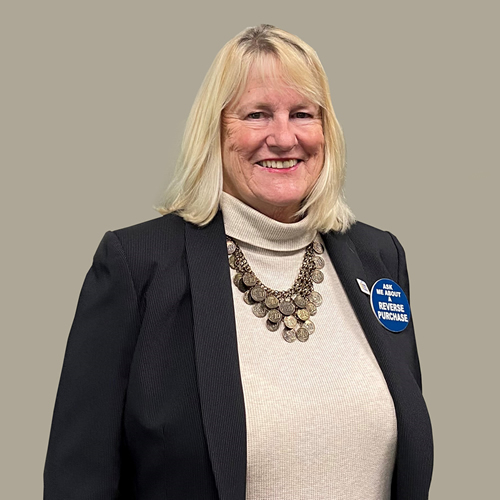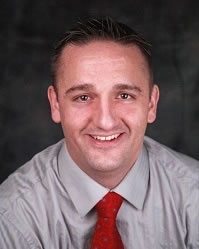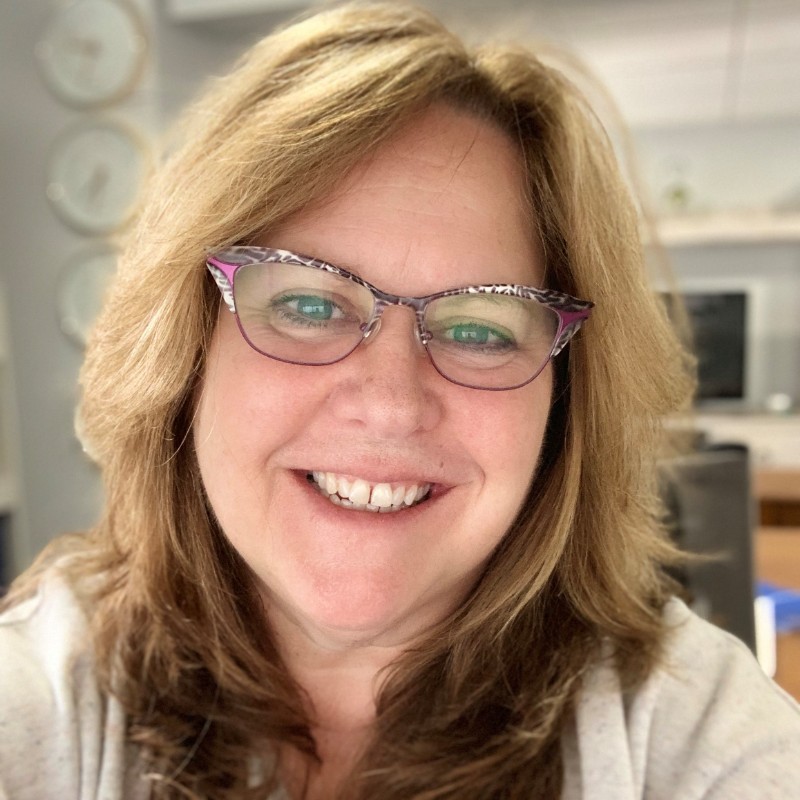The reverse mortgage business is going through a period of change, between the consolidation of major lenders, the exit and bankruptcy of one of the industry’s most prominent players and the transition away from a pandemic-era refinance boom.
Still, reverse mortgage professionals all have one thing on the mind: growth. But while growth is a focus, how the industry gets there is a source of debate and discussion among people at every level of the business.
To get insight into how it could be achieved, we’ve asked industry professionals for their thoughts on the best way to promote industry growth. Here are a few perspectives from different people across the reverse mortgage industry.
Get back to basics
For Ellen Skaggs, who was recently appointed division manager for the home equity conversion mortgage (HECM) business at Paramount Residential Mortgage Group, Inc. (PRMG), growing the reverse mortgage business is about getting back to the basics, which is the impact that industry professionals can have on the lives of seniors.
“We have to get back to the basics,” she said. “And the way you get business in any industry and in any sale is that you touch people. And I don’t mean that literally, of course. You need to talk to as many people as possible to promote the idea of what this loan really has to offer, which is a lot for a broad number of people. We forget that at times.”

The basics may have drifted due to a pandemic-era focus on refinance transactions, she said. And that may have reduced the urgency some professionals felt to seek out new clients or referral partnerships.
“It’s important to go back and reaffirm every relationship,” Skaggs said. “One of my people told me the other day that they think I should just call them once a month to say hi. And that reminds her that, oh, by the way, they have a person who does reverse mortgages that could be another option for this client.”
Skaggs also noted that educational seminars are a method for expanding product awareness among both potential clients and product practitioners.
“That’s a really positive way to get the message out both within the industry and to new clients as well,” she said. “You have to be out there and be seen so that people know they can trust you, and keep their interests foremost in their mind.”
New blood, new visionaries
For Jeff Foody of Northwest Reverse Mortgage, one of the hardest things for the industry has been losing prominent people that Foody calls visionaries from companies like American Advisors Group (AAG) and Reverse Mortgage Funding (RMF). Finding a way to incorporate new visionaries and usher in a new class of industry professionals will be key to the growth prospects of the future, he said.
“We’re losing the visionaries in the industry,” he said. “We need new blood, we need new people who are able to take this and change it. And the way that it changes is if the reverse mortgage becomes mainstream.”

Some have continued to treat the reverse mortgage business like a “cottage industry,” Foody said, and some in the business are afraid of growth. But people in the business need to push local competitors on the forward side to offer reverse mortgages, Foody said.
“We need more Guaranteed Rate, we need more of the big companies starting to do reverse mortgages. We need a Key Bank, we need Wells Fargo. We need name recognition.”
Those who have been in the business for longer may be complacent with the current dynamics, Foody said. However, positive growth will come from more forward companies being active in the space.
“The industry will never grow like that,” he said. “I think we need new blood. That’s the only way this industry grows. We need to have new innovators, new people that are willing to help forward mortgage companies get better at reverse mortgages.”
Becoming mainstream means the adoption of product-specific tools akin to what is available on the forward side, according to Foody.
“We need out-of-the-box CRM, we need reverse mortgage specific coaches, we need conventions with motivational speakers, we need industry recognition like the Scotsman Guide,” he said.
Relationships and education
When asked about ways to grow the business during a recent episode of The RMD Podcast, Lisa Moriello, the national retail reverse sales manager for loanDepot, said it comes down to building relationships and expanding educational practices in new ways.
“We need to be out there and be very proud of who we are and what we’re doing for seniors,” Moriello said. “We need to be teaching other people, other loan officers, other bank managers, CPAs, financial planners, [about] what the reverse mortgage actually is. And I think that is huge. Could we use a few tweaks to how we’re we’re doing things? Yeah, that would be great. But this is all about who you are as an originator.”

Moriello sees a few different angles in this respect, but it all comes back to education, she said.
“My job is to be out there teaching my partners, whether they’re real estate agents, CPAs or financial planners, that a reverse mortgage can be a tool for a homeowner or a borrower,” she said. “[A tool for] someone who wants to take their life to the next level. It’s more important than ever now, as we’re watching people become anxious about where their retirement portfolio is, where their 401K’s are. And we’ve got to let them know.”
She cites the diminishing prevalence of pension funds and the importance of home equity as a cash source as reasons why education efforts need to be upped.
“I have a colleague here at loanDepot, and I was talking to him about the reverse mortgage,” she said. “And his eyes glazed over. He said ‘Lisa, I’m never going to do that.’ I’m like, ‘I don’t need you to do it, I just need you to know that we can.’ [He understood] that. Other loan officers and other people in financial services, it’s important that we teach them.”





